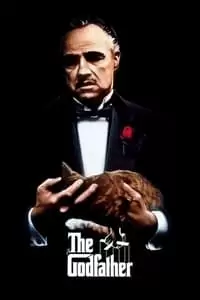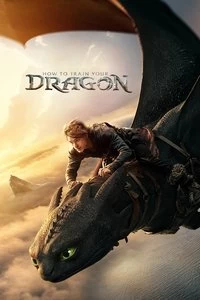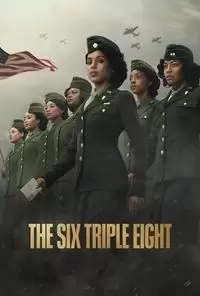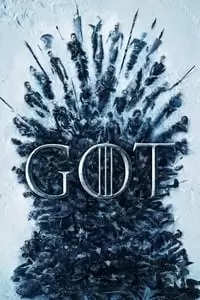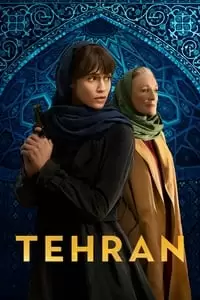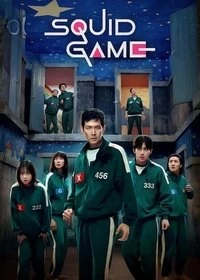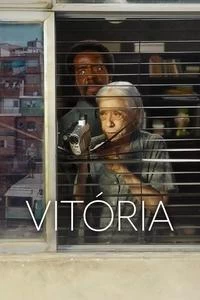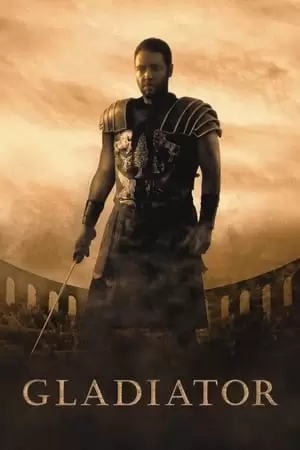Best Picture Winners
94 Titles
American Beauty
A sexually frustrated suburban father has a mid-life crisis after becoming infatuated with his daughter's best friend.

Platoon
Chris Taylor is a young, naive American who gives up college and volunteers for combat in Vietnam. Upon arrival, he quickly discovers that his presence is quite nonessential, and is considered insignificant to the other soldiers, as he has not fought for as long as the rest of them and felt the effects of combat. Chris has two non-commissioned officers, the ill-tempered and indestructible Staff Sergeant Robert Barnes and the more pleasant and cooperative Sergeant Elias Grodin. A line is drawn between the two NCOs and a number of men in the platoon when an illegal killing occurs during a village raid. As the war continues, Chris himself draws towards psychological meltdown. And as he struggles for survival, he soon realizes he is fighting two battles, the conflict with the enemy and the conflict between the men within his platoon.
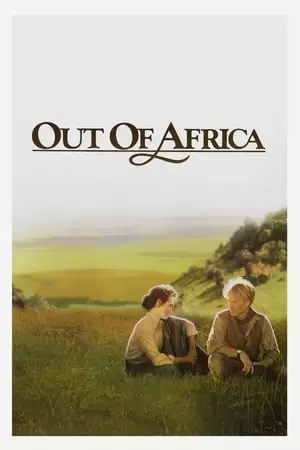
Out of Africa
Follows the life of Karen Blixen, who establishes a plantation in Africa. Her life is complicated by a husband of convenience (Bror Blixen), a true love (Denys), troubles on the plantation, schooling of the natives, war, and catching VD from her husband.
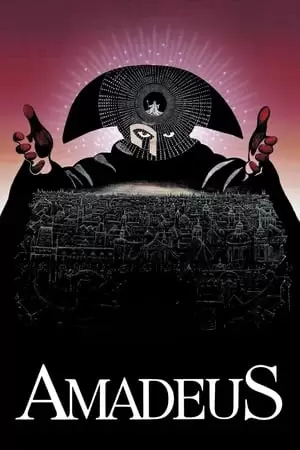
Amadeus
Antonio Salieri believes that Wolfgang Amadeus Mozart's music is divine and miraculous. He wishes he was himself as good a musician as Mozart so that he can praise the Lord through composing. He began his career as a devout man who believes his success and talent as a composer are God's rewards for his piety. He's also content as the respected, financially well-off, court composer of Austrian Emperor Joseph II. But he's shocked to learn that Mozart is such a vulgar creature, and can't understand why God favored Mozart to be his instrument. Salieri's envy has made him an enemy of God whose greatness was evident in Mozart. He is ready to take revenge against God and Mozart for his own musical mediocrity.
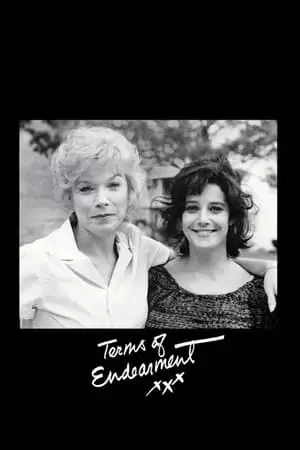
Terms of Endearment
Follows hard-to-please Aurora looking for love, and her daughter's family problems.
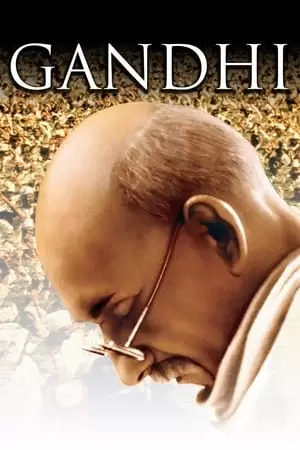
Gandhi
In 1893, Mohandas K. Gandhi is thrown off a South African train for being an Indian and traveling in a first class compartment. Gandhi realizes that the laws are biased against Indians and decides to start a non-violent protest campaign for the rights of all Indians in South Africa. After numerous arrests and the unwanted attention of the world, the government finally relents by recognizing rights for Indians, though not for the native blacks of South Africa. After this victory, Gandhi is invited back to India, where he is now considered something of a national hero. He is urged to take up the fight for India's independence from the British Empire. Gandhi agrees, and mounts a non-violent non-cooperation campaign of unprecedented scale, coordinating millions of Indians nationwide. There are some setbacks, such as violence against the protesters and Gandhi's occasional imprisonment. Nevertheless, the campaign generates great attention, and Britain faces intense public pressure. Too weak from World War II to continue enforcing its will in India, Britain finally grants India's independence. Indians celebrate this victory, but their troubles are far from over. Religious tensions between Hindus and Muslims erupt into nation-wide violence. Gandhi declares a hunger strike, saying he will not eat until the fighting stops. The fighting does stop eventually, but the country is divided. It is decided that the northwest area of India, and eastern part of India (current day Bangladesh), both places where Muslims are in the majority, will become a new country called Pakistan (West and East Pakistan respectively). It is hoped that by encouraging the Muslims to live in a separate country, violence will abate. Gandhi is opposed to the idea, and is even willing to allow Muhammad Ali Jinnah to become the first prime minister of India, but the Partition of India is carried out nevertheless. Gandhi spends his last days trying to bring about peace between both nations. He thereby angers many dissidents on both sides, one of whom finally gets close enough to assassinate him.
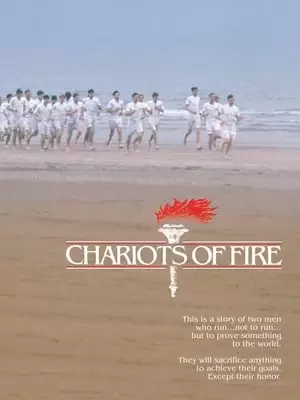
Chariots of Fire
Two British track athletes, one a determined Jew and the other a devout Christian, are driven to win in the 1924 Olympics as they wrestle with issues of pride and conscience.
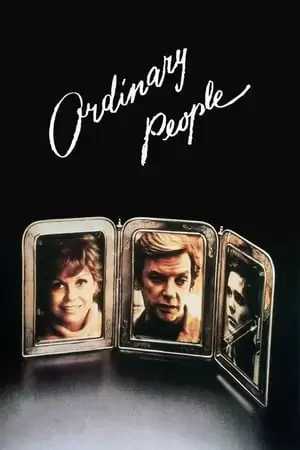
Ordinary People
Beth, Calvin, and their son Conrad are living in the aftermath of the death of the other son. Conrad is overcome by grief and misplaced guilt to the extent of a suicide attempt. He is in therapy. Beth had always preferred his brother and is having difficulty being supportive to Conrad. Calvin is trapped between the two trying to hold the family together.
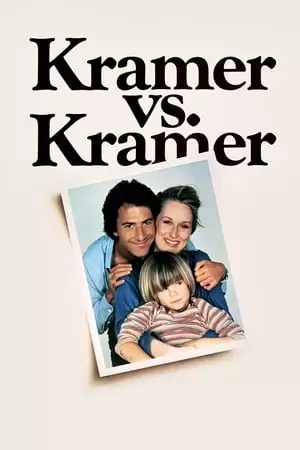
Kramer vs. Kramer
Ted Kramer is a career man for whom his work comes before his family. His wife Joanna cannot take this anymore, so she decides to leave him. Ted is now faced with the tasks of housekeeping and taking care of himself and their young son Billy. When he has learned to adjust his life to these new responsibilities, Joanna resurfaces and wants Billy back. Ted, however, refuses to give him up, so they go to court to fight for the custody of their son.

Collections

